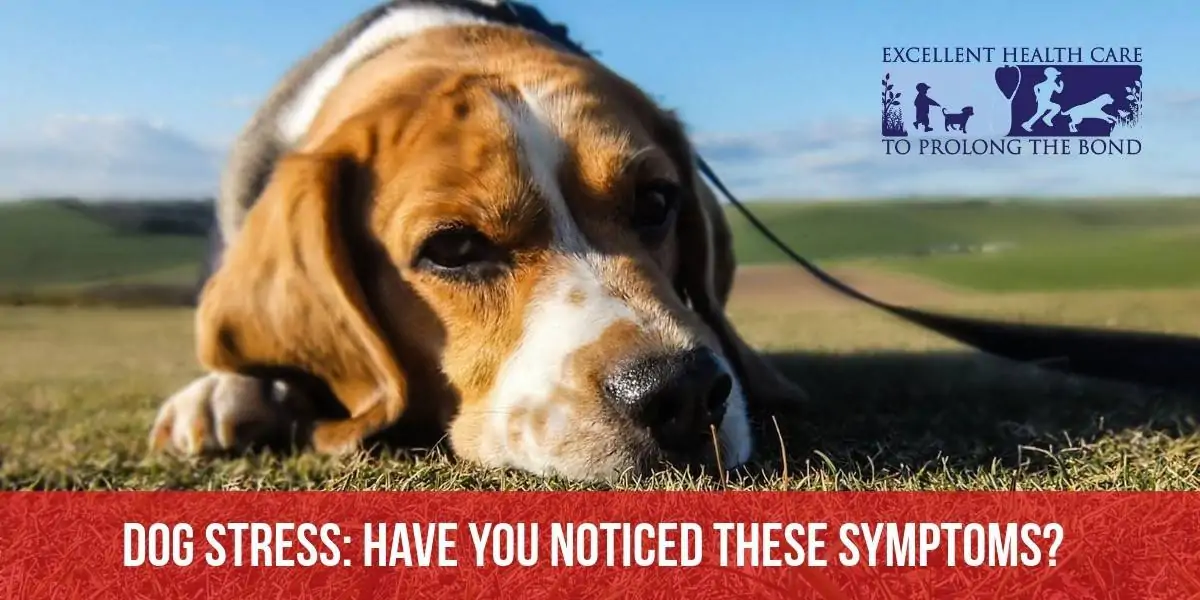
Any pet parent will know that their four-legged companion is no stranger to stress. However, there are several stress symptoms or signs in dogs that are easy to miss out. Keep a close eye on your pooch, especially when introducing him to new things or on occasions like visiting the vet or dog park. This might help you to identify some of the subtle signs of stress.
Be aware that the normal things that your dog does or shows at home might mean something different when he is out there in the dog park or at the vet. Read on to identify some of the subtle stress signs in dogs that you need to keep an eye out for.
Whale eye
Whale eye in dogs is the tendency to show the majority of the white in their eyes. This usually happens when your dog is anxious about something. However, the situation accompanied by growling or freezing is a warning signal.
If you figure that your dog has turned a whale eye, try to identify what prompted it, he might be trying to guard something or he is uncomfortable with his current situation.
Sweating
Dogs like most of the humans, sweat when they are stressed out. You might be wondering how you can notice your pooch sweating with that furry coat. Interestingly, dogs have the tendency to sweat via their paw pads. Therefore, that water paw marks that he makes on the tile or rug might be a clue that he is stressed.
Excessive sleeping
Lately, do you feel that your dog has been sleeping a tad more than he used to? Most of the dog parents can misinterpret this as a good thing. Excessive sleeping accompanied with lethargy is always the symptom of stress, trauma and health concerns in dogs. If you observe this pattern, make it a point to consult with your local veterinarian as soon as possible.
Aggression
Pooches that are stressed can show heightened aggression towards people and other animals. If you observe that your dog has been losing his patience quickly with the tendency to turn a whale eye, growl and with ears back, he might be stressed or sick. If the problem persists, you might need to consult both a veterinarian and animal behavior specialist.
An animal behavior specialist can slowly but steadily bring the situation under control by alleviating any effects of anxiety or anger. During this period, as a precautionary step, you might want to resort to devices like muzzles, when your dog is with children or outdoors.
Isolation
A stressed out dog will try to isolate himself with everything. Dogs love their lonely time, however, if your dog seems to be avoiding everyone without a reason and tend to spend most of his time alone, he might be stressed.
Keep an eye out for your pooch’s body language and for any of these symptoms. Early detection is the key to ensuring that you bring the situation under control before it spirals out of hand starts affecting his health.
